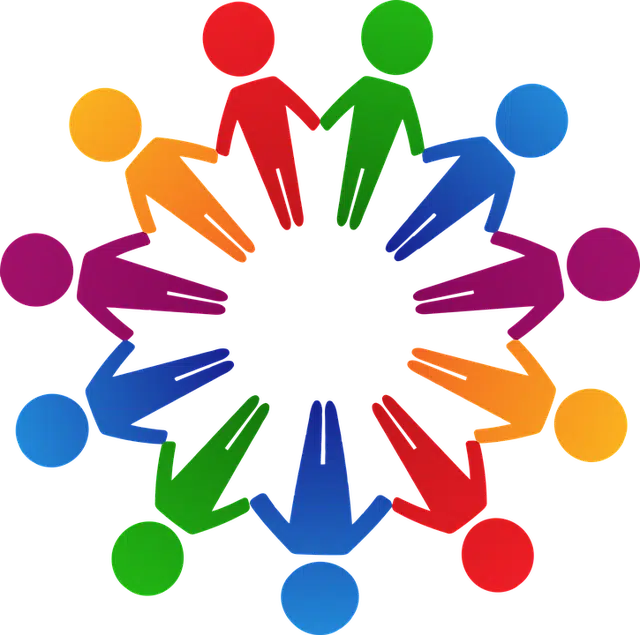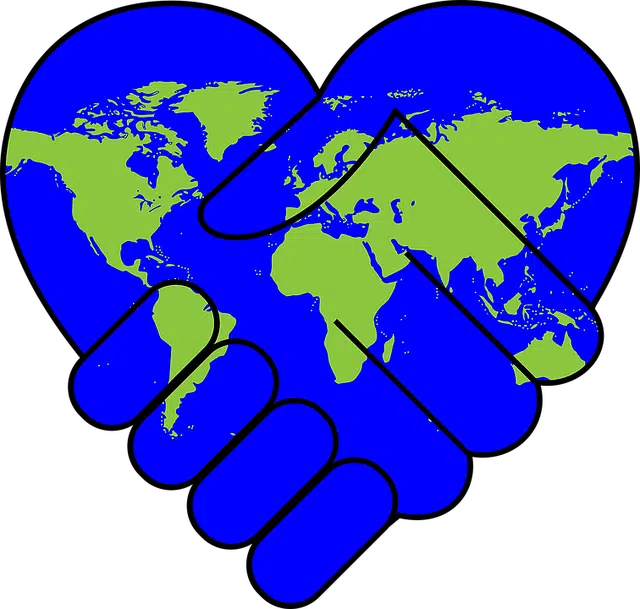
The idea of multiculturalism is associated with the coexistence of multiple cultures.
Pluricultural is a term that does not appear in the dictionary developed by the Royal Spanish Academy (RAE) . However, there is a concept that works like its synonym: multicultural .
These adjectives refer to that which is characterized by housing or reflecting various cultures . In general, the notion of pluricultural is applied to those territories in which different cultural traditions coexist , developed by various ethnic groups or population groups.
An example of a multicultural State is Bolivia (which, since 2009 , has been officially called the Plurinational State of Bolivia ). In this South American country, about forty aboriginal ethnic groups (such as Quechua, Guaraní, Aymara and others), mestizos, natives of European descent, black population, Asian immigrants and many other communities coexist.
The value of multiculturalism
Pluriculturalism can be considered, in itself, a value . The coexistence between multiple cultures implies a plurality of knowledge and traditions that enriches a nation . However, if said coexistence is not peaceful or developed in harmony, the concept can come to imply something negative.
For multiculturalism to be positive, all the cultures in question must be respected, without some imposing themselves on others. In this way, different traditions can coexist and the members of each culture can enjoy their rights .

It is usually considered that multiculturalism is a value.
Coexistence in harmony
Phrases that celebrate diversity are often heard or read, highlighting its potential in the academic training and social development of those who accept it, but they do little to teach us to understand the true meaning of living in harmony with other cultures, of learning from them. and of ourselves without anxiously seeking borders. From the moment we are born, we are assigned data such as ethnicity, surname and nationality, which are burned into our person and do everything possible to condition our future.
A multicultural society should not be a series of subsets related merely by geography; It is of no use to accept that someone sits next to us just because the laws impose it on us; rather, openness to variety should arise spontaneously, naturally . When has a dog been seen to discriminate against its human family for religious, ethnic or sexual reasons? Never. How many examples do we have of people who truly see themselves reflected in their neighbors without paying attention to such issues?
If we were never taught to draw boundaries, there would be no need to explain to us that we should not hate those who have a different skin color, or who believe in a different god, or many, or none. Since, as a species, we populate an entire planet , it is natural that we have developed different cultures and therefore it should also be natural for us to meet people of any origin and recognize them as peers.
It is important to highlight that, currently, all countries are multicultural due to the phenomenon of globalization . Several factors cause nations to be formed with the contributions of individuals from different origins. The challenge for States is to take advantage of multiculturalism and ensure that minorities are not dominated.
Pluricultural competence
In the academic and professional field, the ability to take part in intercultural encounters, based on experience and knowledge of various cultures and languages , is known as pluricutural competence . Precisely, one of its main components is multilingual competence.
Far from being a series of isolated knowledge that is used separately when it becomes necessary, multicultural competence represents the fusion of experiences and languages into a whole that allows the individual to enrich themselves from their experiences, delving into the depths of each culture and learning more about your own and about yourself.
